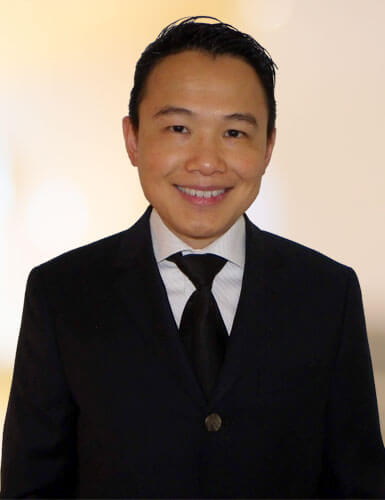I’ll take “Things that neuromuscular dentistry ain’t good for” for $500, Alex
Posted: March 27, 2013
Last Modified: June 6, 2022
You would think that dentistry would have come to an agreement on basic concepts, such as “how the jaws should come together” and “how the teeth should meet”. You would think that because dentistry addresses these issues on a day to day basis. You would also think that because dentistry is supposed to be the world’s authority on teeth and associated jaw matters. But you would be wrong. Not only is there wide disagreement on the diagnosis of jaw pains, but also on the treatments. One treatment that has received quite a bit of press (and admittedly is very slickly marketed) is an approach called “neuromuscular dentistry”.
Here is a link by the Journal of the Canadian Dental Association about an article that was published by the Canadian Agency for Drugs and Technology in Health. It finds that key concepts of neuromuscular dentistry are not supported by the available evidence, in both the diagnosis and the treatment of TMDs (temporo-mandibular disorders).
(Pro tip: if you want to avoid eye rolls when talking about your jaw pain, don’t say “I have TMJ”. TMJ (temporomandibular joint) refers to the actual jaw joint (the one involving temporal bone and the mandible.) Saying “I have TMJ” is like saying “I have knee”. Just say you have had jaw pain issues or the like.)
It is worthwhile to note that we do not wholeheartedly embrace the actual article’s contents, nor do we completely agree with some of the comments made at the bottom of the article.
If you have jaw pain issues, and that would include things like pain on chewing, easy fatigue of jaws when eating tough foods, or even a sensation that you have “more than one bite”, please contact us! Our view is that although these things may not cause you constant pain, they are worth investigating and treating before they do. We’d love to be your dentist in Barrie.


